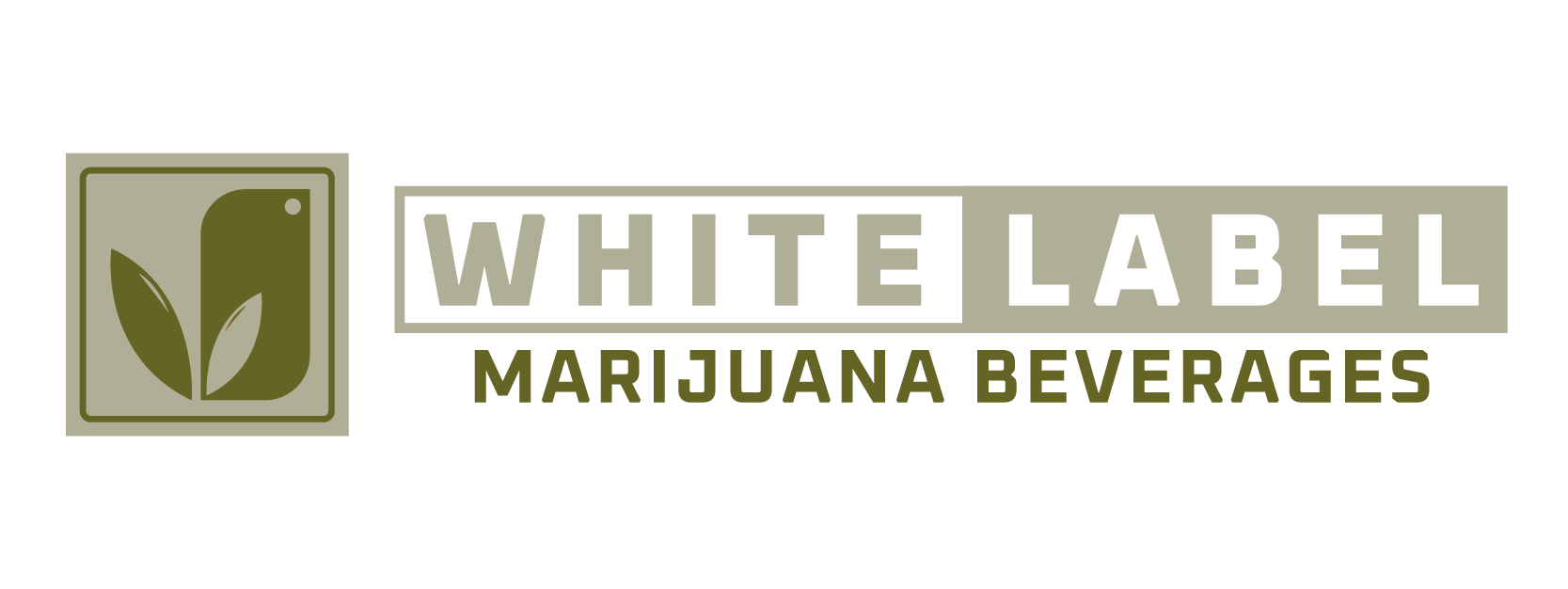Cannabis drinks sit at the intersection of wellness, social drinking, and convenience. Though still a small slice of total cannabis sales, beverages are one of the fastest-rising formats: BDSA estimates about $54–55 million in U.S. sales in Q1 2025 (roughly 0.9% of the total market, ~6% of edibles) and year-over-year growth versus 2024. Headset similarly tracks steady expansion from a low base across U.S. and Canadian markets.
What’s the functional difference?
THC beverages contain delta-9-THC (sometimes other THC isomers), the psychoactive cannabinoid responsible for the “high.” THC can impair coordination, reaction time, and decision-making—so consumers should avoid driving and combine cautiously with alcohol. Many modern THC drinks use nano-emulsions to disperse cannabinoids in water, which can reduce onset to about 10–20 minutes and improve bioavailability compared with traditional edibles’ 60–120 minutes. That faster, more predictable onset is a major appeal for social use.
CBD beverages center on cannabidiol, which does not produce intoxication in isolation and is generally considered to have low abuse potential, per WHO’s critical review; however, CBD can cause side effects and interact with medications. Like THC drinks, many CBD beverages also use nano-emulsions for faster perceived effects (e.g., relaxation without a “high”).
Benefits and use cases
THC drinks can offer a familiar, sessionable alternative to alcohol with dosage choice (e.g., 2–10 mg per serving) and fewer calories than beer or cocktails. The controlled dosing and quicker onset relative to classic edibles make them attractive for parties, concerts, and low-dose “micro-social” experiences. Market data from California suggest drinks are bringing in new consumers—including parents and older adults—who want a lighter, low-THC experience and a substitute for alcohol.
CBD drinks appeal to consumers seeking calm, focus, or post-workout unwinding without intoxication—people who want to remain clear-headed (workdays, early evenings, or wellness routines). Credible health sources note CBD’s risks (liver enzyme elevations, drug-drug interactions), so “start low” and speak with a clinician if on medications.
Who buys what—and why?
- Sober-curious and alcohol-replacement shoppers: Often choose low-dose THC (2–5 mg) for a social lift with quicker onset and predictable offset, or CBD-only for ritual without intoxication. Growth in this cohort is drawing attention from Big Alcohol, which is piloting hemp-derived THC and CBD drinks at mainstream retail.
- New or cautious cannabis consumers: Prefer CBD or very low-dose THC because of reduced impairment and easier titration. Educational signage around onset and serving size is key.
- Experienced cannabis users: May opt for higher-dose THC beverages for convenience and discretion versus smoking or vaping, especially where indoor consumption is restricted. Nano-emulsion tech improves the “edible timing” experience they already understand.
- Wellness-focused buyers: Choose CBD for daytime composure or evening wind-down, but should heed reputable guidance on quality and interactions.
Potency, predictability, and labeling
Potency is not simply “THC > CBD.” THC drives intoxication; CBD does not, yet both can be delivered efficiently in drinks. The consumer experience depends on dose per serving, number of servings, and formulation (e.g., nano-emulsion). For THC drinks, read labels carefully, start with a single serving, and wait for full effect before re-dosing, in line with impairment guidance. For CBD, responsible brands disclose milligrams per serving and encourage consulting a health professional if taking other drugs. FDA and NIH resources highlight the importance of transparency and safety in CBD products.
Learn More: Sip Safely: Key Things to Look for on Cannabis Beverage Labels
A note on legality and access
Regulations vary: marijuana-derived THC drinks are sold through licensed dispensaries in legal states; hemp-derived THC/CBD beverages can appear in mainstream retail due to federal hemp rules, fueling rapid shelf expansion and consumer trial. Always check local laws before purchasing.
Bottom line
THC beverages suit social, alcohol-alternative occasions where a light, fast-onset buzz is desired. CBD beverages fit everyday wellness rituals and clear-headed relaxation—provided consumers understand side effects and interactions. As technology improves and distribution widens, both segments are likely to keep growing from a small but influential base.
